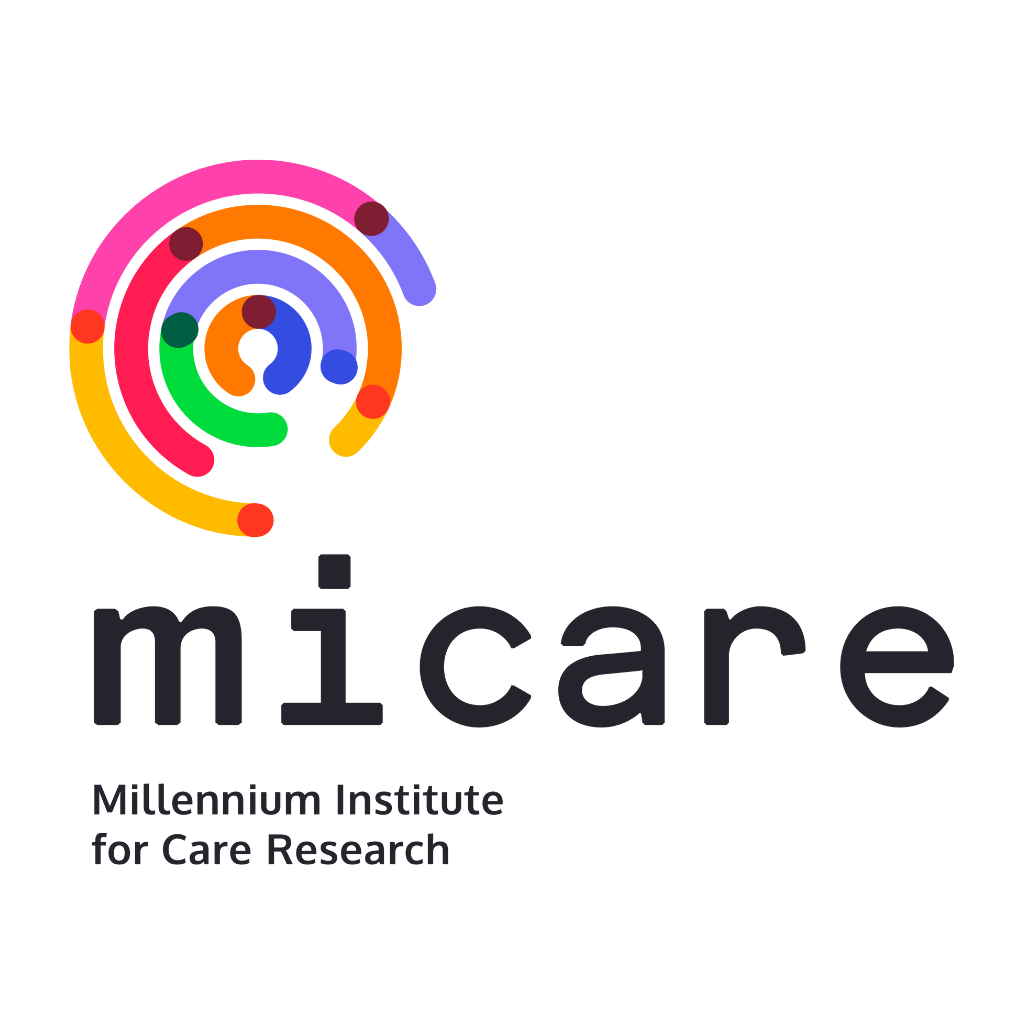Article by Javiera Rosell postdoctoral researcher in MICARE, Alejandra Araya PhD and research associate MICARE, y Claudia Miranda PhD y director of MICARE
This publication aims to analyze the links between the use of the Internet by informal caregivers and the characteristics that define them. Among them, factors such as age, gender, use given to the platform, number of household inhabitants, among others, are considered.
Main findings:
Among the main results is the evidence that informal caregivers of younger age have a more intensive use of the web. It is also considered that, in contrast to older men, older women use social networks to communicate. Another discovery was that the higher the educational level there is a greater tendency to use the Internet for care-related searches. Finally, one of the main conclusions was that older people who provide care can be digitally excluded, as well as there is a relationship between less use of the Internet and fewer people in the home.
This way, it’s established that the use of the Internet can be a way of helping to better cope with care tasks, so promoting its use could be beneficial if it is used and managed correctly.

